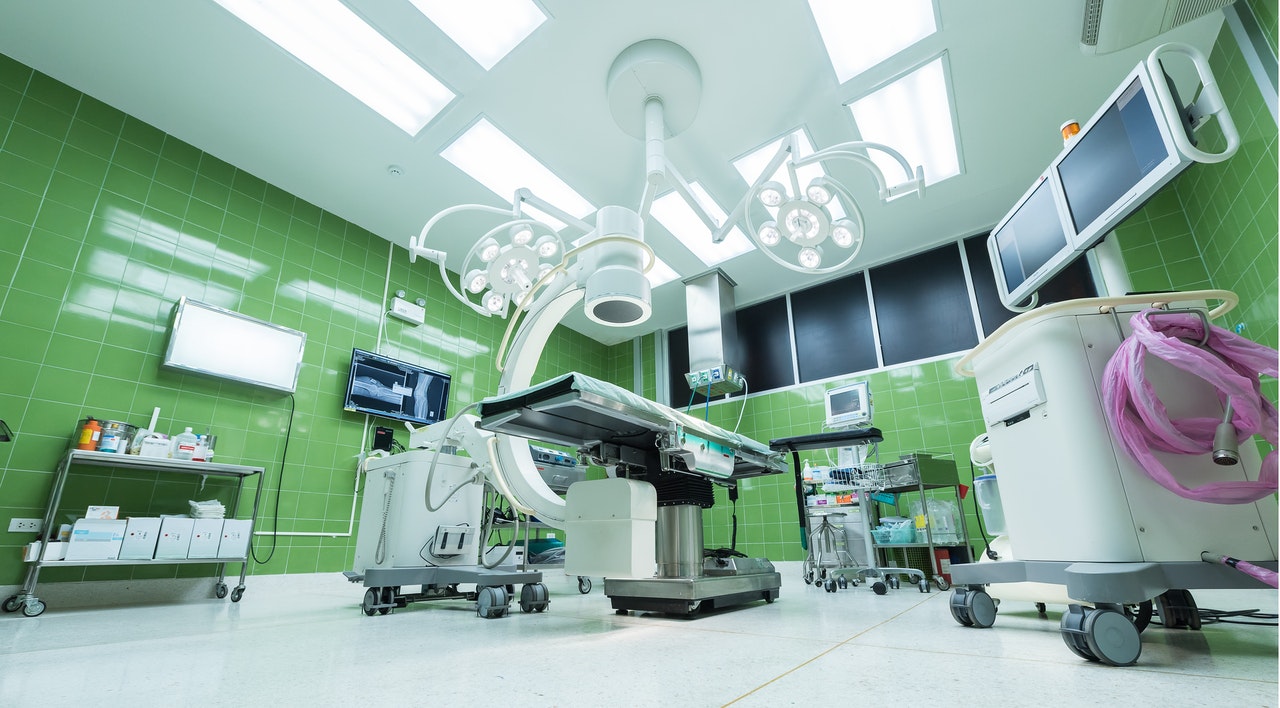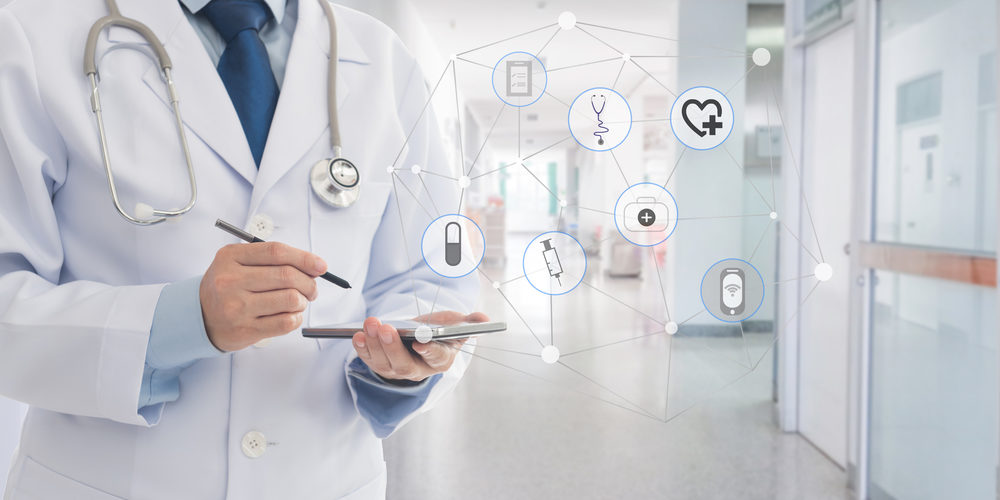As an industry, healthcare is always a top priority for the world’s best tech innovators. As we learn more and more about health, disease, and wellness, it’s important to ensure that hospitals are as safe, efficient and comfortable as possible.
To make our healthcare facilities as streamlined as we can, we need to continually improve on health technology and search for better solutions.
Smart systems are on the rise in many areas of our lives, and healthcare is no exception. Not only will smart hospitals increase efficiency, but they could also help to provide personalized care and free up time for nurses to care for their patients directly.
Here’s what’s on the horizon for smart hospitals and healthcare of the future:
What Are Smart Hospitals?
So what is a smart hospital, exactly?
“Smart” systems often include IoT (Internet of Things) devices, sensors, and technology that adjusts automatically using artificial intelligence (AI), rather than human direction.
A smart home might include remote locks, voice-controlled lights, and automatic thermostats.
Similarly, smart hospitals automate many of their routine tasks, like pharmacy orders, laundry, and food delivery. These repetitive tasks can be performed without human intervention, streamlining hospital processes and freeing up time for patient care that requires human skills.
Automation also helps to reduce errors and increase safety for patients. Hospitals of the future will rely heavily on data and will be able to monitor patients constantly, thanks to the use of advanced technology and AI.
Smart hospitals use advanced technology, but that’s not the only feature that distinguishes them from traditional hospitals.
In the future, hospitals may change the types of care they offer, moving away from an all-inclusive model and outsourcing routine care like outpatient procedures to smaller, specialized healthcare facilities.
This will help to take some pressure off of hospitals as the population continues to age.
What Technologies Are Used in Smart Hospitals?
Smart hospitals rely on many different types of technology to serve patients and healthcare professionals.
From nursing robots to 3-D- printing, advanced sensors to augmented and virtual reality, hospitals are using some of today’s most innovative technologies to help patients get and stay well.
With telemedicine on the rise and big data helping to determine risk factors for certain patients, smart hospitals have another role as well: keeping people out of the hospital whenever possible.
Today, patients can often be monitored remotely, using sensors and apps to reduce the number of in-person visits required.
Smart hospitals are already revolutionizing their operations with advanced technology, and we can expect to see this trend continue in the future.

Utilizing Data and Analytics for a Better Patient Experience
It might seem counterintuitive to use data and automation to improve patients’ experience, but it makes sense when you stop and think about it.
Analytics can use patient data to create personalized wellness and treatment plans, determine risks for certain health conditions, and help to improve outcomes.
This leads to better experiences at the hospital and sometimes, quicker action in emergency settings.
Data can also help smart hospitals avoid serious errors that jeopardize patients’ health.
Medication and surgical errors are a major problem, and analytics can provide an extra layer of protection for patients.
How Data and Technology are Advancing Future of Healthcare
In the United States, we’re seeing shifts in how we approach patient care. Instead of focusing on treatment, many healthcare providers are moving toward personalized care that emphasizes prevention and wellness to reduce interventions.
Not only will this help people live healthier, happier lives, but it will reduce costs for patients and cut down on staffing requirements for hospitals.
Data and technology will play a major role in providing personalization and improving the hospital experience.
Patients are more informed than ever, and they want more communication from their healthcare team.
With data and technology advances, that information could be easier than ever to provide, without the need for constant updates from a healthcare professional.
In the future, smart hospital rooms could provide real-time information to help patients and families feel more secure and involved in their treatment plan.
Smart Hospitals Could Make Healthcare More “Human”
When we’re sick or injured, we just want someone to care about us.
Smart hospitals, which leverage technology and data for better patient care, will have an unexpectedly human side effect: freeing up nurses to spend more time with patients.
With an aging population and a shortage of qualified professionals, automation is becoming crucial in hospital settings.
Technology is important for providing effective medical care. For example, telemedicine is helping prospecting and current patients find solutions to their symptoms much faster than traditional methods.
But it’s also important to remember that without compassionate medical professionals to care for patients, outcomes would suffer significantly.
Healthcare needs to become more personalized and “human”—with the help of advanced tech.




